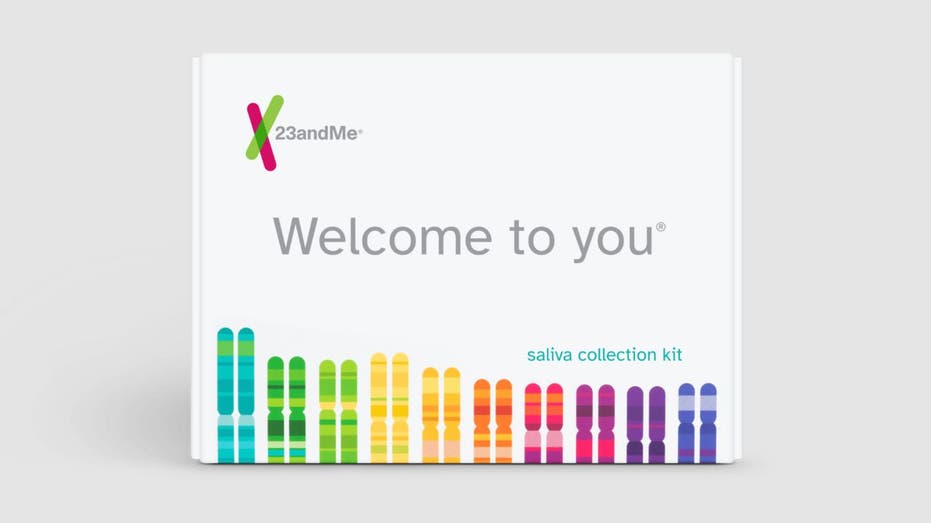Protecting Your Genetic Data: Essential Steps Following 23andMe’s Bankruptcy

The recent filing for Chapter 11 bankruptcy by 23andMe, a leading name in consumer DNA testing, has raised significant concerns about the security of customer genetic data. This article explores the ramifications of the bankruptcy and outlines critical measures you can take to protect your sensitive information.
Understanding 23andMe’s Financial Downfall
In a remarkable decline, 23andMe’s valuation plummeted from $6 billion in 2021 to bankruptcy in 2025, a journey fraught with financial challenges and leadership changes. Despite these setbacks, the company assures customers that their data management practices will remain intact during the bankruptcy process. However, the potential sale of assets, including sensitive genetic information, poses risks that cannot be overlooked.
Mark Jensen, chair of the special committee of the board of directors at 23andMe, stated, “We have determined that a court-supervised sale process is the best path forward to maximize the value of the business.” Jensen emphasized the importance of data privacy and customer transparency in any prospective transactions, pledging to uphold the privacy standards that customers expect.
The Risks of Asset Liquidation
When a company like 23andMe files for bankruptcy, customer assets, including genetic data, may be subject to sale. Although privacy laws, such as California’s Genetic Information Privacy Act, mandate explicit consent before transferring genetic data, the risks of misuse or unauthorized access persist. 23andMe has committed to ensuring any potential buyer adheres to applicable privacy regulations, but the intrinsic value of genetic data makes it a target for exploitation if not adequately protected.
Recent updates to 23andMe’s terms and conditions added a significant legal disclosure, limiting customers’ rights to pursue legal action through traditional court trials. Instead, individuals must opt out of arbitration within 30 days of first use to preserve their right to sue. It’s crucial to act promptly and notify 23andMe of your intent to opt out by emailing arbitrationoptout@23andme.com.
Steps to Safeguard Your Genetic Information
If you are a current 23andMe user or are considering similar services, it is essential to take proactive steps to protect your sensitive data. Here are several measures you can implement:
1. **Opt Out of Arbitration**: Preserve your right to sue by emailing your opt-out notification to arbitrationoptout@23andme.com within 30 days of first use.
2. **Review Privacy Preferences Regularly**: Regularly check your privacy and data-sharing settings to ensure they align with your comfort level.
3. **Limit Research Participation**: If you have concerns about how your genetic data may be utilized, consider disabling participation in research or product development initiatives.
4. **Download and Secure Your Data**: Before deleting your account, download your genetic records and secure them on an encrypted device or a trusted cloud service.
5. **Request Data Deletion**: If you wish to have your data removed from 23andMe’s databases, request deletion through your account settings, ensuring the destruction of any physical samples.
6. **Use Strong Passwords and Multi-Factor Authentication**: Create complex, unique passwords for each account and enable two-factor authentication wherever possible to enhance security.
7. **Monitor for Suspicious Activity**: Consider enrolling in identity theft protection services that monitor your personal information and provide alerts if it appears on the dark web.
The Takeaway: Vigilance in the Face of Uncertainty
The bankruptcy of 23andMe serves as a critical reminder of the vulnerabilities associated with sharing sensitive genetic information. Although the company is committed to maintaining privacy standards, consumers must remain vigilant and proactive in managing their data. By implementing these protective measures, you can better safeguard yourself against potential misuse during this uncertain time.
What are your thoughts on the effectiveness of genetic testing companies in protecting your data amid financial instability? Share your opinions with us at Cyberguy.com/Contact.
For more technical insights and security alerts, subscribe to the free CyberGuy Report Newsletter at Cyberguy.com/Newsletter.
Stay safe online!


